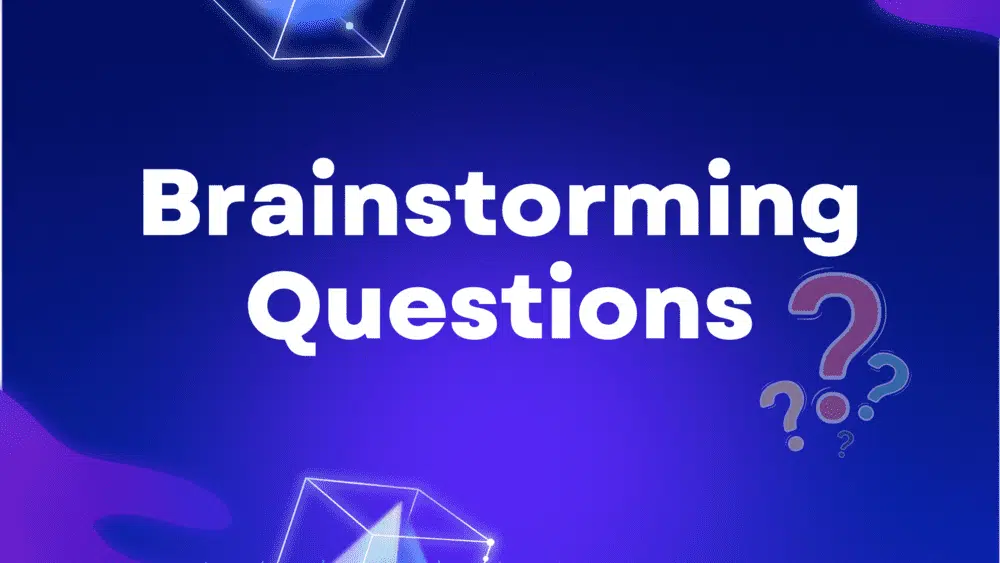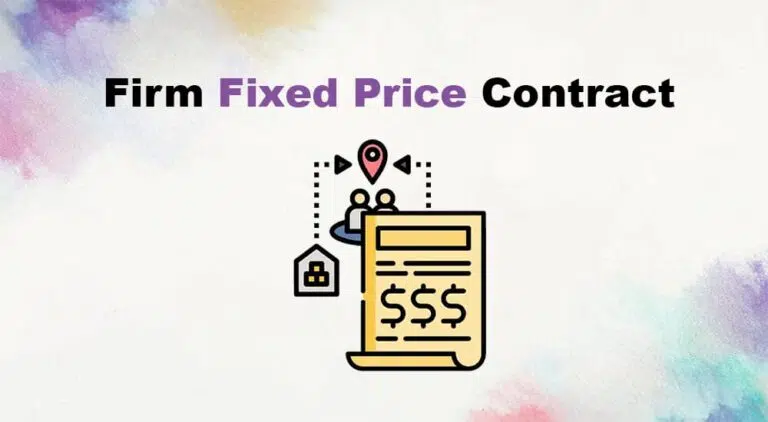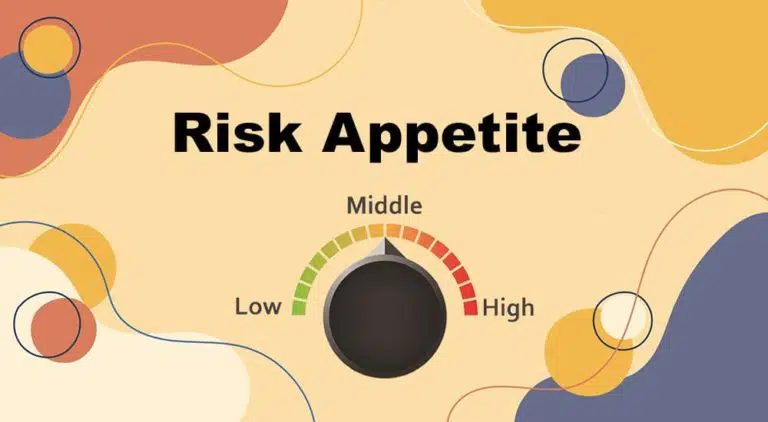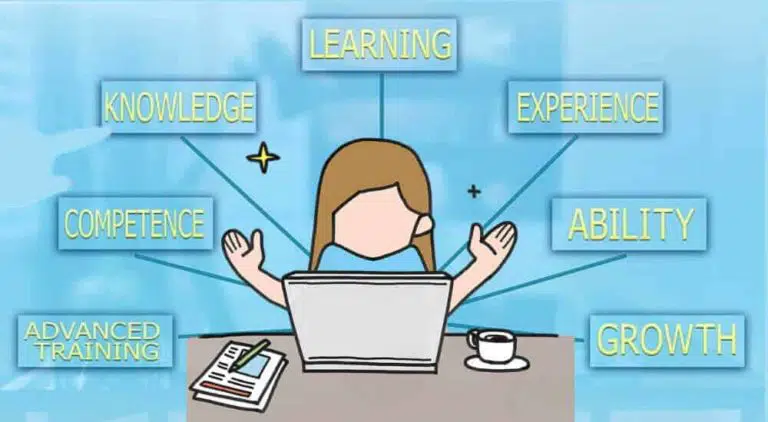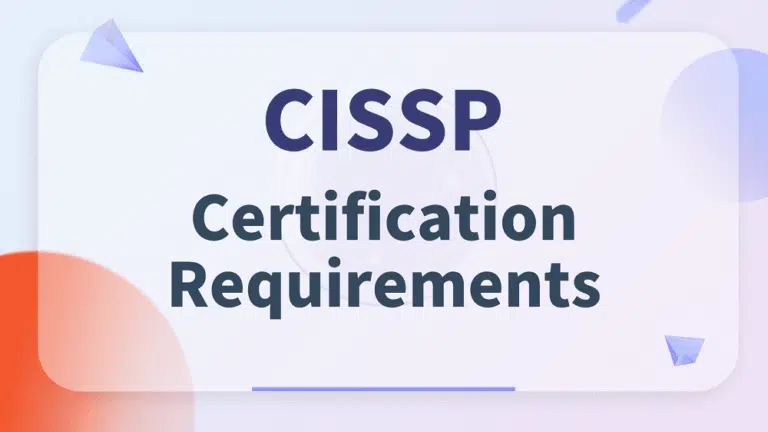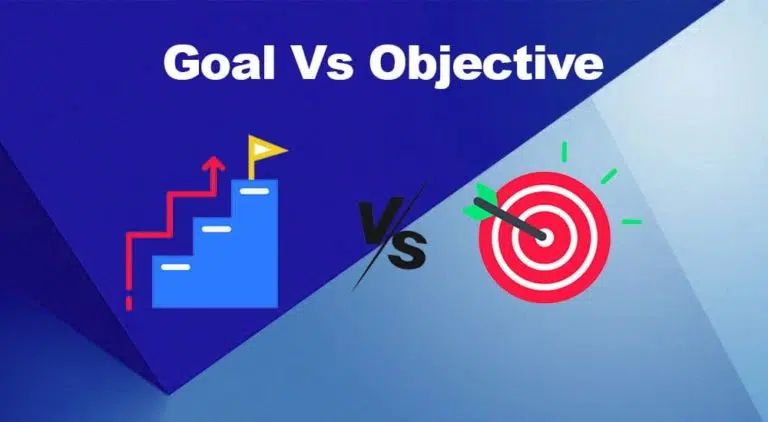Brainstorming is the best technique to generate a large number of innovative and creative ideas to solve problems. Brainstorming sessions provide a healthy, conducive, and friendly environment where participants can share their ideas without hesitation.
Though brainstorming is a casual meeting, it is led by a facilitator who ensures the session is heading in the right direction. He will ask questions during the brainstorming session to encourage attendees to give their ideas.
Today’s blog post will provide 110 brainstorming questions that you can use to ignite your brainstorming workshop.
What are Brainstorming Questions?
Brainstorming questions are open-ended prompts to encourage creative thinking and generate innovative ideas. These questions help participants explore different perspectives and possibilities.
The goal of brainstorming questions is to stimulate creative thinking and encourage a free flow of ideas. The answers to these questions can be different from what you expected. But remember, there are no right or wrong answers during the brainstorming session; the focus is on generating a diverse range of ideas that you can refine later.
Examples of Brainstorming Questions
Now, I will provide 110 brainstorming questions grouped into different categories. You can use these questions as per the requirements of your brainstorming meeting.
Brainstorming Questions for Collecting Requirements
When collecting requirements for a project, it is important to gather comprehensive and detailed information.
The top ten collecting requirements brainstorming questions are as follows:
- What are the primary goals and objectives of the project?
- Who are the key project stakeholders, and what are their needs and expectations?
- What are the critical features and functionalities that the end-users expect from the final product or service?
- What are regulatory or compliance requirements?
- How scalable and flexible should the solution accommodate future changes or growth?
- What are the key risks and challenges that can affect the project objectives?
- What existing systems or processes need to be integrated with the new solution?
- How will data be managed and secured throughout the project lifecycle?
- What is the preferred timeline for project completion, and are there any specific milestones or deadlines to meet?
- How will user training and support be handled to ensure a smooth transition and ongoing use of the solution?
Brainstorming Questions for Defining Scope
When defining the scope of a project, it is crucial to establish clear boundaries and understand the project’s objectives.
The top ten brainstorming questions to help define scope are as follows:
- What are project objectives?
- Who are the primary project stakeholders, and what are their expectations?
- What deliverables need to be produced by the end of the project?
- What are the key milestones or phases the project must go through?
- What are key project constraints?
- What features are explicitly included or excluded from the project?
- How will the project handle changes or deviations from the original plan?
- What are the key project management dependencies?
- How will project success be measured, and what are the acceptance criteria?
- What are the key project risks and uncertainties?
Brainstorming Questions for Human Resources
When brainstorming for human resources, the focus is often on people-related aspects of an organization.
The following are ten brainstorming questions for human resources:
- How can we enhance the employee onboarding process?
- What strategies can be implemented to improve employee engagement and satisfaction?
- In what ways can we promote diversity and inclusion within the workplace?
- How can the performance appraisal system be revised to provide more constructive feedback and support professional development?
- What initiatives can be introduced to develop a positive workplace culture and collaboration?
- How can the organization attract and keep top talent?
- What training and development programs are needed to enhance the skills and competencies of the workforce?
- How can the HR department promote a healthy work-life balance for employees?
- What measures prevent workplace conflicts and promote a harmonious work environment?
- How can the organization support employees’ mental health and well-being?
Brainstorming Questions for Procurement
When brainstorming for procurement, the focus is on acquiring goods and services efficiently and cost-effectively.
The following are ten brainstorming questions for procurement:
- How can we streamline the procurement process?
- What criteria should be considered when selecting and evaluating potential suppliers and vendors?
- How can the organization leverage technology to improve procurement automation and data analysis?
- What strategies can be implemented to negotiate better supplier deals and contracts?
- How can the procurement department contribute to cost savings without compromising quality?
- What measures can be taken to ensure compliance with legal and ethical standards in the procurement process?
- How can sustainability and environmental considerations be integrated into the procurement strategy?
- How can the organization manage and mitigate risks associated with the supply chain and procurement activities?
- What steps can be taken to enhance communication and collaboration between the procurement team and other departments?
- How might the procurement process be adapted to accommodate market conditions and industry trends?
Brainstorming Questions for Risk Management
When brainstorming for risk management, the goal is to identify and address risks that can affect the project objectives.
The following are ten brainstorming questions for risk management:
- What are the most critical risks that can affect the project?
- How can we identify and assess risks before they become issues?
- How can we improve risk response strategies?
- What external factors can affect the project?
- How might changes in the regulatory environment pose risks to our organization, and what can we do to stay compliant?
- What measures can be taken to address risks associated with technological advancements or changes?
- How can we ensure that risks are communicated and understood?
- What contingency plans should be in place to manage unforeseen events?
- Are there any emerging trends or market shifts that might pose risks, and how can we adapt?
- How can we continuously monitor and evaluate our risk management processes to ensure their effectiveness?
Brainstorming Questions for Determining Budget
When brainstorming for budgeting, the focus is determining the financial resources needed for a project.
The following are ten brainstorming questions for determining the budget:
- What are the key components and resources required to complete the project?
- How can we accurately estimate costs for each phase of the project?
- How can we prioritize spending to allocate resources efficiently and effectively?
- What unforeseen expenses or contingencies should be accounted for in our budget?
- How can changes in market conditions or external factors affect the budget?
- What strategies can be employed to optimize costs without compromising the quality?
- How do we ensure that the budget aligns with the organization’s financial goals and priorities?
- What measures can control and monitor expenses throughout the project lifecycle?
- Are there potential cost-saving opportunities or alternative approaches that should be explored in our budget planning?
- How can we communicate the budgetary requirements to stakeholders and get their input?
Brainstorming Questions for Legal Issues
When brainstorming for legal issues, the focus is on identifying and addressing legal challenges and considerations.
The following are ten brainstorming questions for legal issues:
- What are the key legal requirements and regulations relevant to our industry or project?
- How can we ensure compliance with local, national, and international laws affecting our operations?
- What potential legal risks or liabilities could arise during our project or business activities?
- How can we protect intellectual property and ensure proper licensing and permissions?
- What measures should address employee-related legal issues, such as labor laws and workplace safety?
- How might changes in legal frameworks or government policies affect our organization, and how can we adapt?
- What strategies can resolve legal disputes or conflicts promptly and cost-effectively?
- How can we establish and maintain effective contracts and agreements to protect the interests of all parties involved?
- Are there potential legal challenges related to data privacy and cybersecurity that must be addressed?
- How can we stay proactive in monitoring and addressing emerging legal issues affecting our organization?
Brainstorming Questions for Advertising
When brainstorming for advertising, the focus is on developing creative and effective strategies to promote products or services.
The following are ten brainstorming questions for advertising:
- How can we create a memorable and impactful brand message that resonates with our target audience?
- What platforms and channels are most effective for reaching our target audience?
- How can we leverage social media to enhance our advertising efforts and engage with our audience?
- How might storytelling be incorporated into our advertising to create a more compelling narrative?
- What innovative and eye-catching visuals or graphics can capture attention and communicate our message?
- How can we tailor our advertising content to address the unique needs and preferences of our target audience?
- What partnerships or collaborations can be explored to amplify the reach and impact of our advertising campaigns?
- How can data and analytics be used to measure the effectiveness of our advertising campaigns?
- Can cultural or societal trends be incorporated into our advertising to make it more relevant?
- What strategies can create a seamless and cohesive advertising campaign across various media channels?
Brainstorming Questions for Sales
When brainstorming for sales, the focus is on strategies, approaches, and tactics to increase sales.
The following are ten brainstorming questions for sales:
- How can we improve our lead generation efforts to attract a broader audience?
- What innovative approaches can increase conversion rates in our sales funnel?
- How can we enhance customer relationship management for long-term customer loyalty?
- How might changes in market trends and consumer behavior impact our sales strategy, and how can we adapt?
- What strategies can differentiate our product or service from competitors?
- How can we optimize our pricing strategy to maximize revenue?
- What measures can improve the efficiency of our sales team?
- Are there untapped market segments or potential partnerships that could boost our sales efforts?
- How can technology can streamline the sales process and improve customer experience?
- What creative promotional or marketing campaign can boost sales and brand visibility?
Brainstorming Questions for Administration
When brainstorming for administration, the focus is often on improving organizational processes and efficiency.
The following are ten brainstorming questions for administration:
- How can we streamline administrative processes to improve organizational efficiency?
- What technologies or tools can automate routine administrative tasks?
- How can communication and collaboration be improved among different administrative departments?
- How might changes in organizational structure impact administrative workflows, and how can we adapt?
- What measures can be taken to ensure compliance with regulations and industry standards in administration?
- How can training and development programs be optimized to enhance the skills of administrative staff?
- What strategies can improve office ergonomics and create a more comfortable work environment?
- Are there opportunities for cost-saving initiatives within administrative functions without compromising quality?
- How can the administration department contribute to sustainability and environmental initiatives within the organization?
- What communication channels and platforms can efficiently disseminate important information to all staff?
Brainstorming Questions for Finance
When brainstorming for finance, the focus is often on financial strategies, budgeting, and overall fiscal responsibility.
The following are ten brainstorming questions for finance:
- How can we optimize our budgeting process?
- What main financial metrics and key performance indicators (KPIs) should we measure and prioritize for organizational success?
- How can we enhance our financial reporting systems to provide more insightful and timely information?
- How can changes in economic conditions or market trends affect our financial strategy?
- What measures can manage financial risks associated with various business activities?
- How can we optimize cash flow management to ensure liquidity and financial stability?
- Are there opportunities for cost-saving initiatives within the organization without compromising operational efficiency?
- What strategies can secure funding or financing for new projects or initiatives?
- How can the finance department contribute to sustainability and environmental initiatives?
- What technologies or tools can improve financial processes?
Summary
You have seen 110 brainstorming questions, which are helpful prompts to generate ideas and solve problems. These questions encourage creative thinking and discussions in a group. They help participants explore different perspectives and come up with innovative solutions. These questions focus on asking open-ended questions that stimulate the imagination and lead to productive conversations.

I am Mohammad Fahad Usmani, B.E. PMP, PMI-RMP. I have been blogging on project management topics since 2011. To date, thousands of professionals have passed the PMP exam using my resources.

